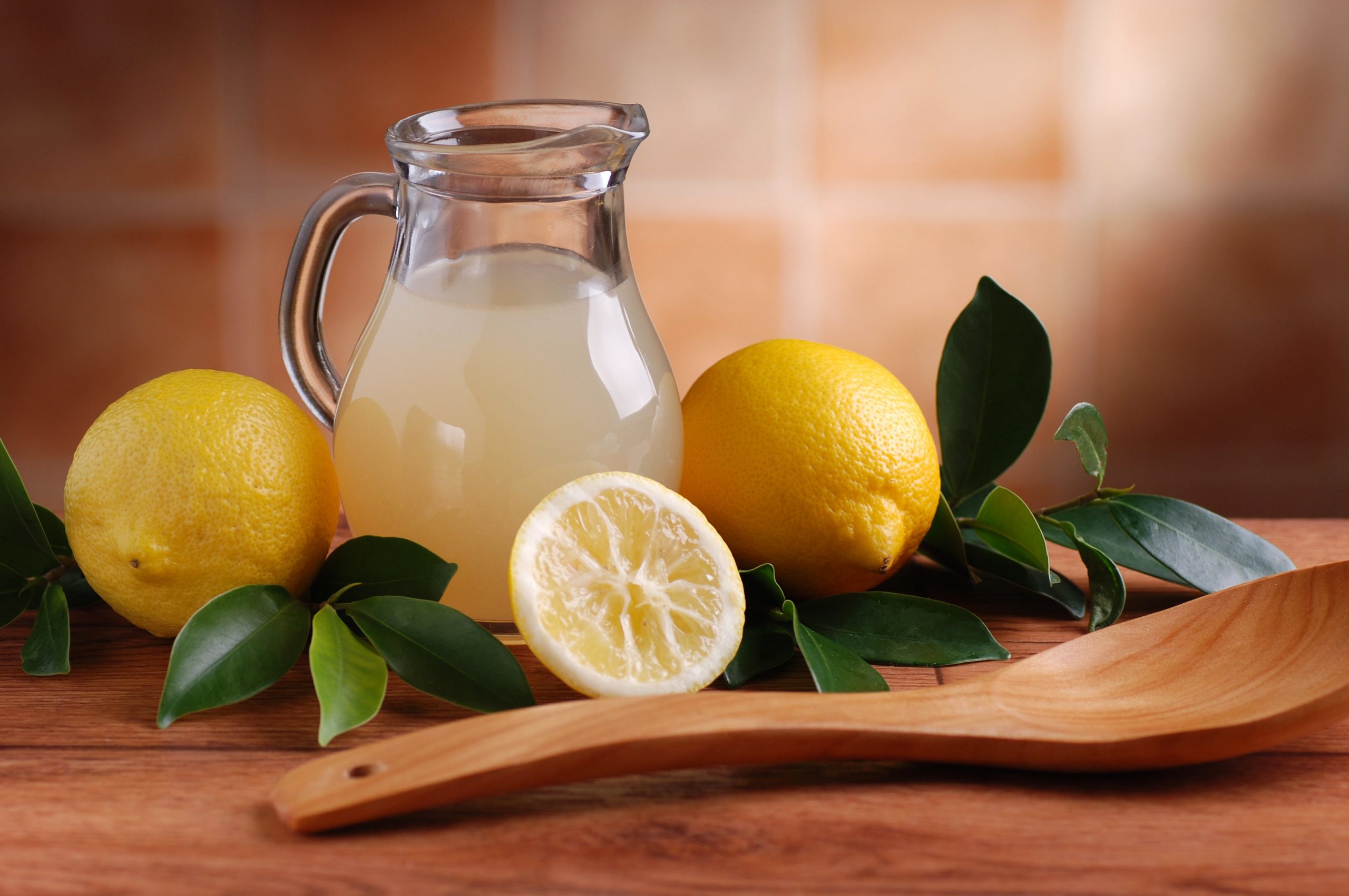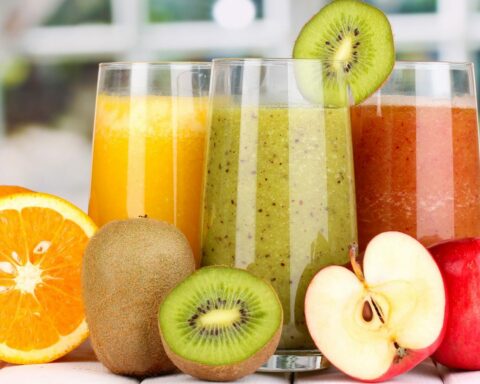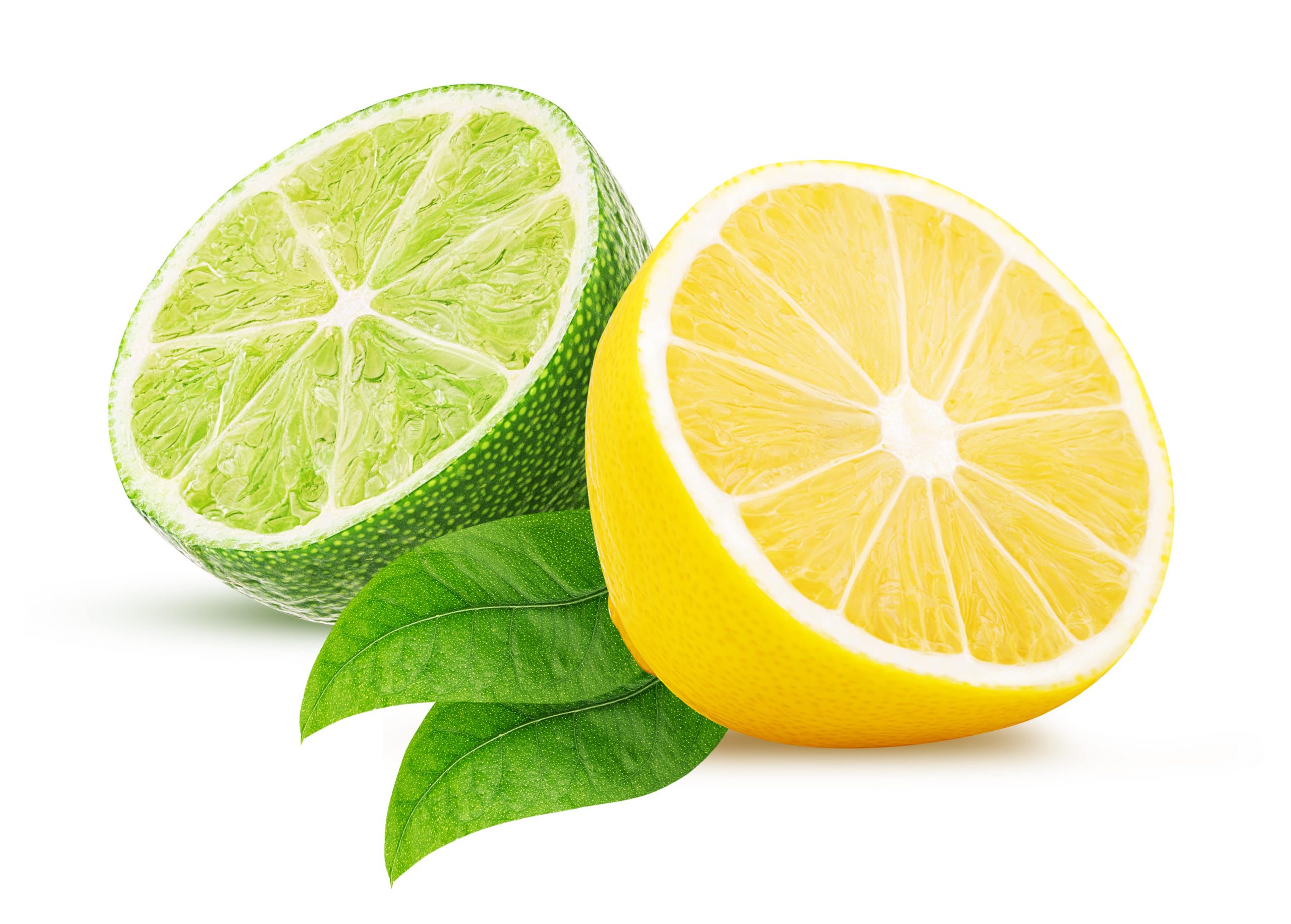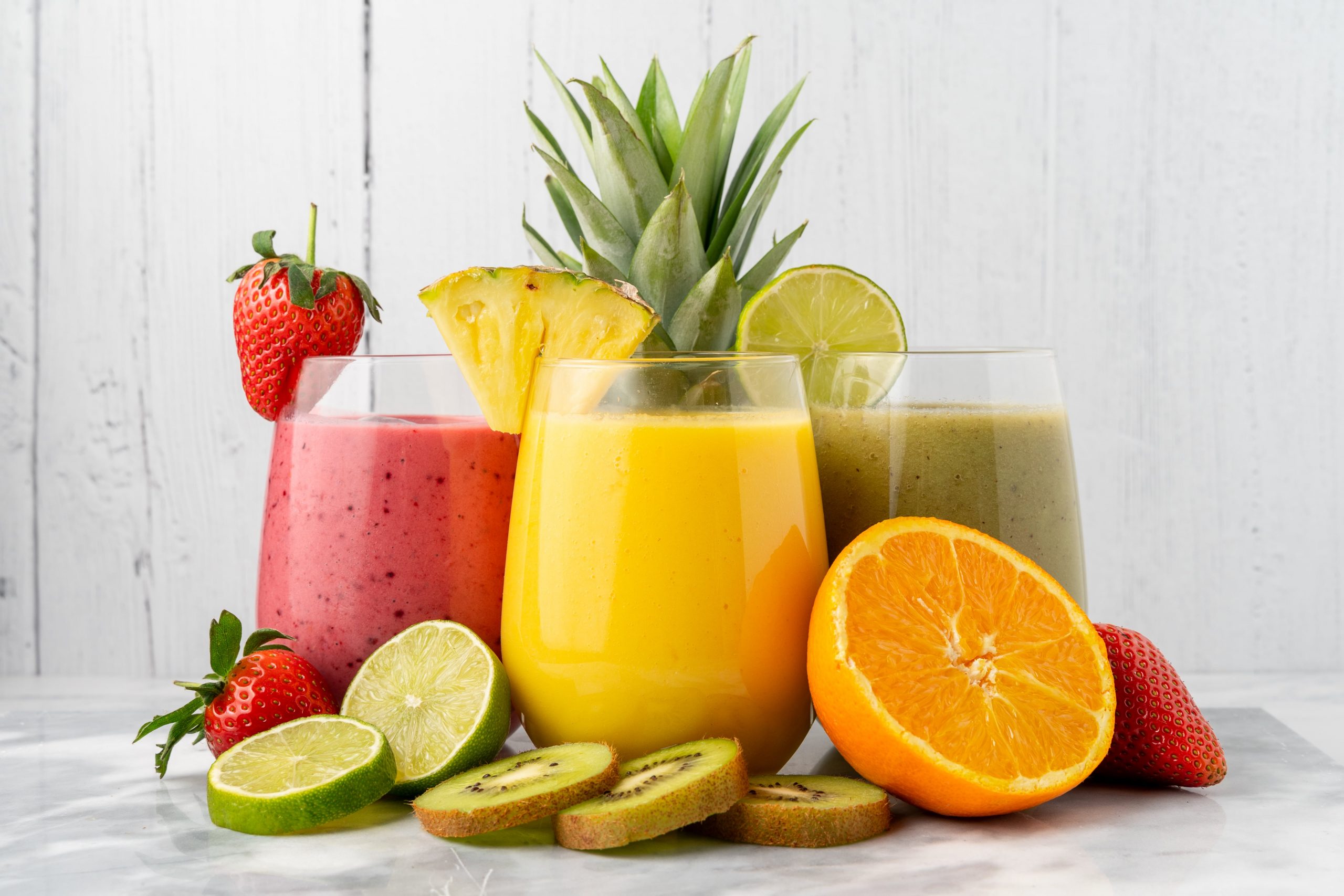Lemon juice is a known ingredient in baking and cooking. It adds citrus and tangy flavor to food and drinks. It is a favorite for many because it improves flavor without the need to add table salt. And with a low PH level, it is one of the most acidic natural ingredients available. Besides, it provides structure to jellies and jams.
Lemon juice is about 5% to 6% citric acid and has a PH of about 2.2, giving it a sour taste. Besides being rich in vitamins, it contains smaller amounts of vitamin B, particularly riboflavin, thiamine, and niacin. Many varieties of lemons are scattered across the globe, and due to their acidic nature, many people opt forother substitutes. Lemons are healthy fruits, and their health benefits make a case for them to be considered. However, there are other substitutes. This blog will discuss substitutes for lemon juice.
Celery Juice
Celery juice is a great alternative for individuals who like fresh, crisp lemon juice flavor but dislike the sour or bitter notes. Studies show that celery is higher in sodium than most other alternatives, so individuals on a low sodium diet should be mindful of this fact. Analytically, a 100 g serving of celery juice constitutes 260 mg potassium, 14 kilocalories, 80 mg sodium, 40 mg calcium, 1.34g sugar, and 0.2 mg iron.
Cream of Tartar
Cream of tartar is usually an acidic powder sold in the baking section of most grocery stores. While it possesses various culinary uses, it is commonly utilized in stabilizingegg white whipped cream. Besides, it is an ingredient in baking powder. And its acidic nature makes it a decent substitute for lemon juice in baking. Some websites propose using ½ teaspoon of cream of tartar for each teaspoon of lemon.
Citric Acid
Citric acid is a naturally occurring acid contained in lemon juice, and it is especially used in baking. Five grams (one teaspoon) of citric is equivalent in acidity to about 120 ml (1/2 cup) of lemon juice. Thus, only small quantities are needed, and you will be required to make recipe adjustments. It is also vital to put additional liquid into your recipe. By this, you maintain the correct dry-to-wet ratio of ingredients. Studies reveal that citric acid in baked goods may even forbid certain vitamins and antioxidants from being damaged when cooking.
Orange Juice
Orange juice is a good one-to-one alternative to lemon juice for most recipes. Generally, it is sweeter, less acidic, and less tart. In recipes where a large quantity of lemon juice is required, replacing it with orange juice can significantly impact the flavor. Analytically, a 100 g serving of orange extract comprises; 1 mg sodium, 8.4 g sugar, 0.2 mg iron, 11 mg calcium, 45kcal, 200 mg potassium, 50 mg vitamin C.
Lemon Zest
Frozen or dried lemon zest on hand can serve as a concentrated source of lemon flavor and acidity. It functions well in recipes and desserts in which lemon is a primary flavor. However, there is a need to add more liquid to the recipe to turn correctly, especially when baking.
Lime Juice
Lime juice is the best alternative for lemon juice and can be used as a one-to-one substitution. Additionally, it contains a similar taste and acidity level. When preserving or canning food, lime juice is the perfect alternative because it has a similar PH level. Other alternatives, such as vinegar, are less acidic and may result in unsafe preservatives for long-term storage. In desserts where lemon is a vital ingredient, lime juice adds a partially different flavor. However, the flavor will still be citrus and tart.
Vinegar
Vinegar is a perfect substitute for lemon juice in baking or cooking when only a small quantity is required. That is because it is acidic and tart, and for such recipes, it may be used as a one-to-one substitution. However, it contains a savory flavor and a strong aroma. It cannot be a perfect substitute in foods where lemon is one of the most important flavors.
White Wine
White wine is an ideal one-to-one substitute, especially in savory foods for which only a small quantity is required to brighten the flavor or deglaze the pan. Both white lemon acid and wine are commonly used to deglaze. They are preferred because their acidity intensifies the other flavors in savory foods.
Lemon Extract
Lemon extract is a greatly concentrated lemon flavor usually present in the baking section of grocery stores. One drop or two is sufficient to add adequate flavor to a dish. It is a vital substitute for lemon in desserts where this flavor is important. However, you may need to add additional liquid to bring out the desired taste as it is highly concentrated.
Apple Cider Vinegar (ACV)
ACV supplies the same bitter, tangy taste as lemon with a partially salty flavor, but the resulting tastewill not contain a strong citrus flavor. ACV should replace lemon in a 1-1 ratio. That means if the recipe demands a cup of lemon, substitute that with a cup of ACV. Besides, studies reveal ACV to be a popular home solution for different types of health conditions. If a person forbids lemon due to reasons such as heartburn, ACV may be a suitable alternative. A 100 g serving comprises 7 mg calcium, 0.2 mg iron, 21kcal, 73 mg potassium, and 0.4 g sugar.
Conclusion
Lemons are refreshing fruits usually not consumed whole but as a flavoring or garnish. They are rich sources of soluble fibers, vitamin C, and plant compounds. All these components can supply health benefits to your body. Substituting it in a recipe will partially alter the flavor. Getting multiple lemons into the recipe will preserve its flavor, and its nutrient contents are sure to improve body health, which explains why they are generally well accepted. Besides, lemons are quite acidic, and frequent consumption may be harmful to dental health if your tooth enamel becomes destroyed.
- Bell Peppers 101: Nutrition Facts and Health Benefits - April 19, 2024
- Products That Assist with Stress Relief - September 21, 2023
- TRÈFLE – THE ROAD TO THE 15TH - July 29, 2023









